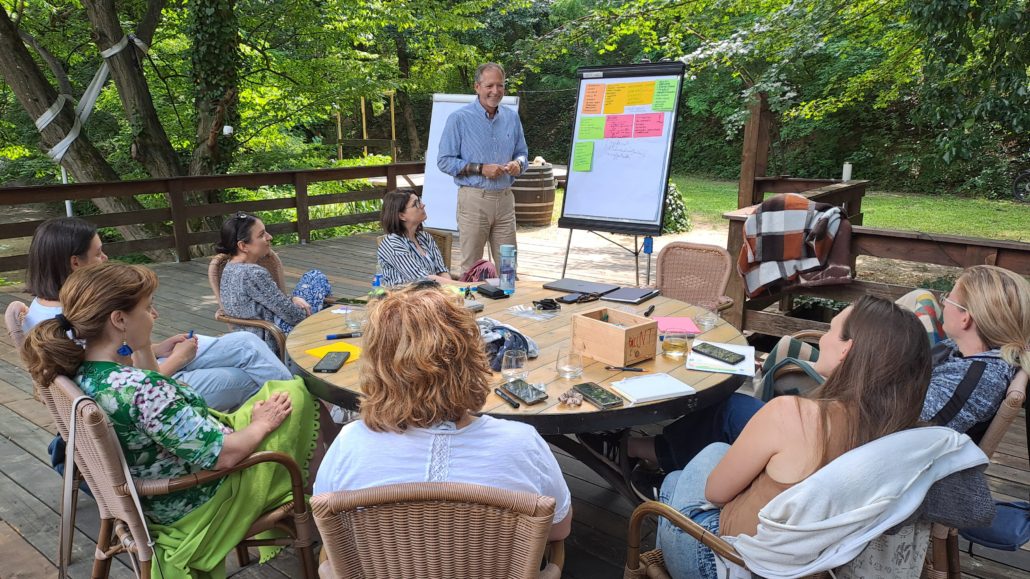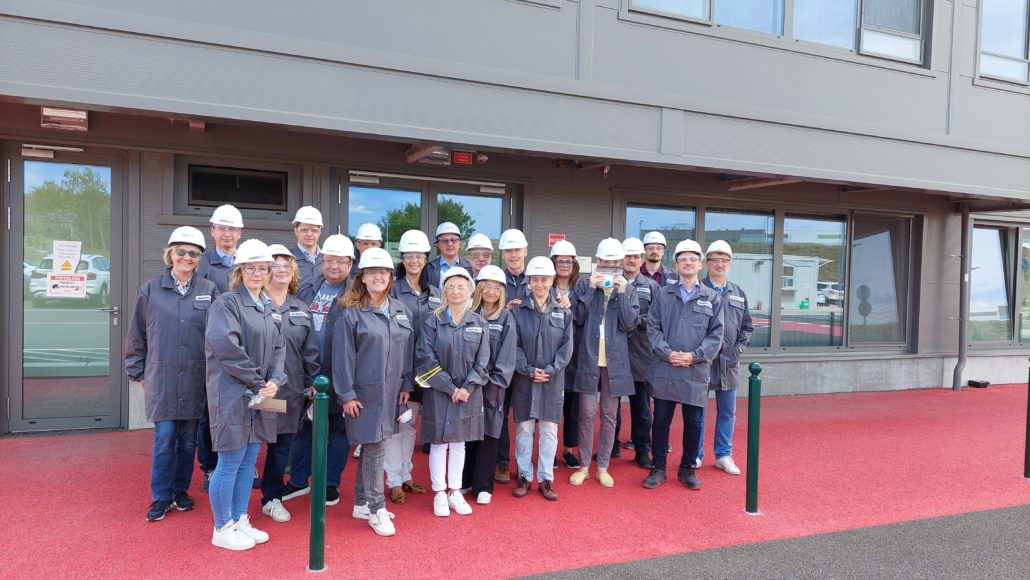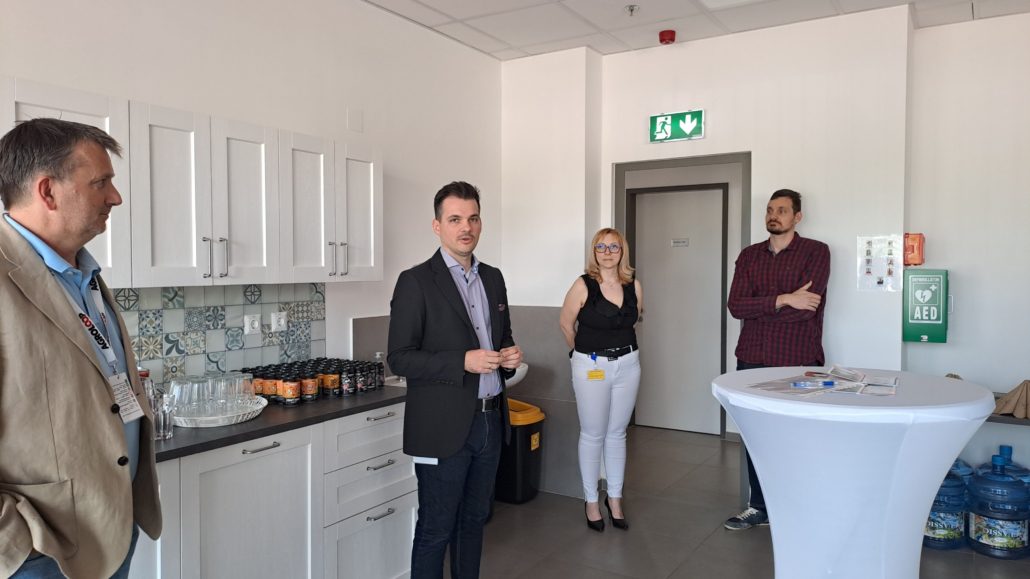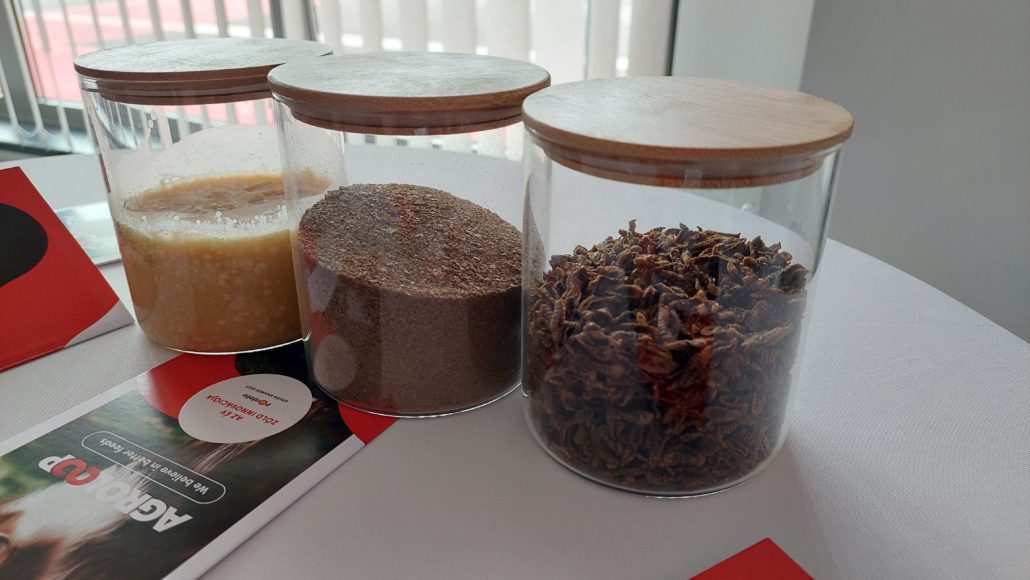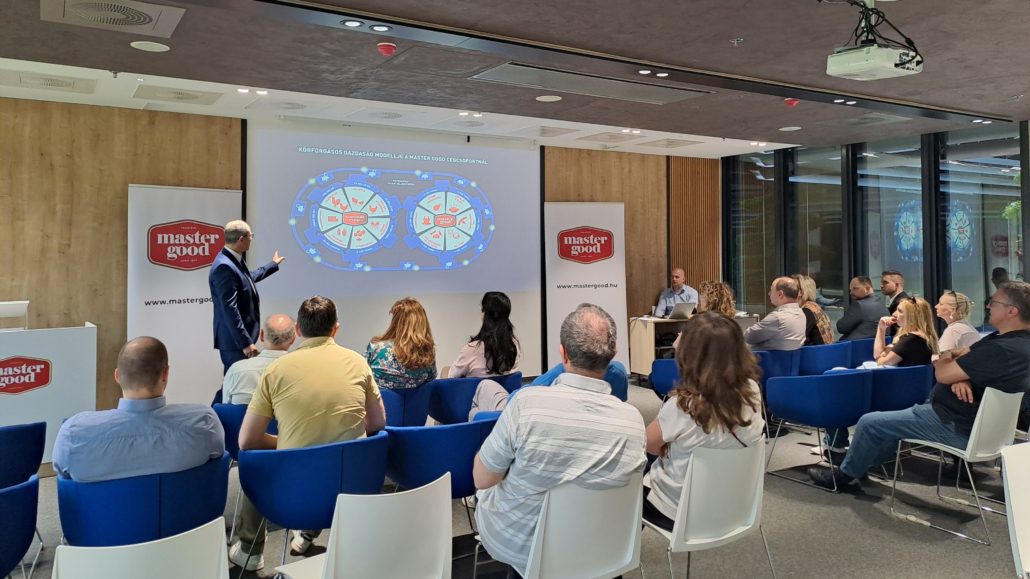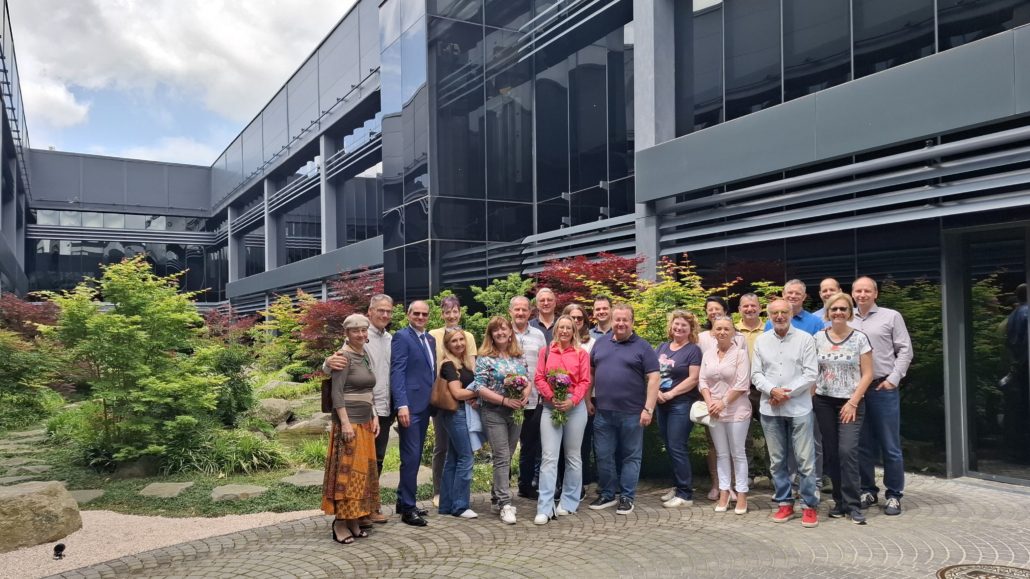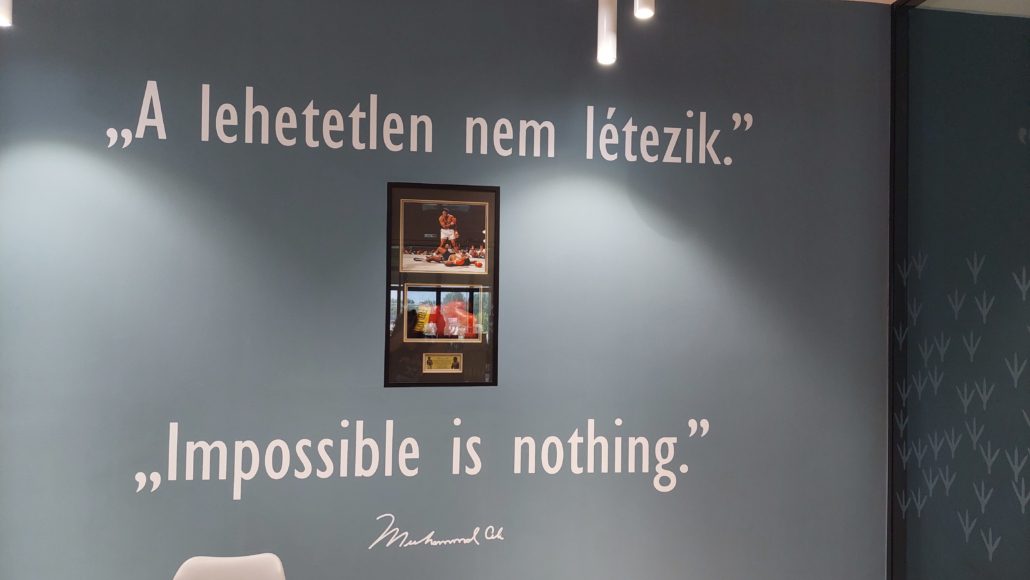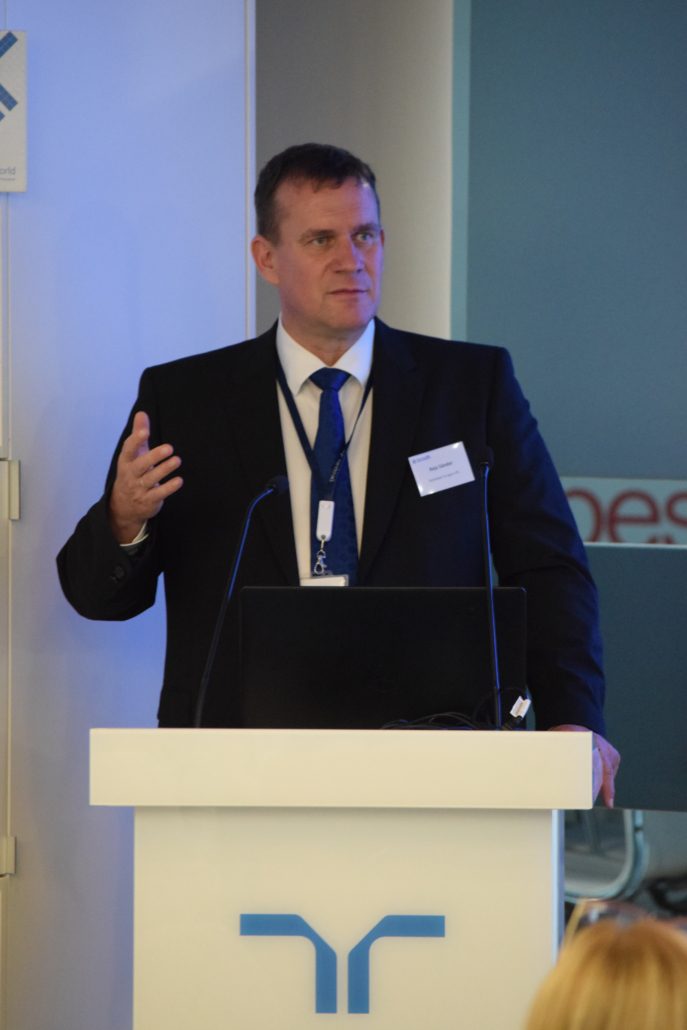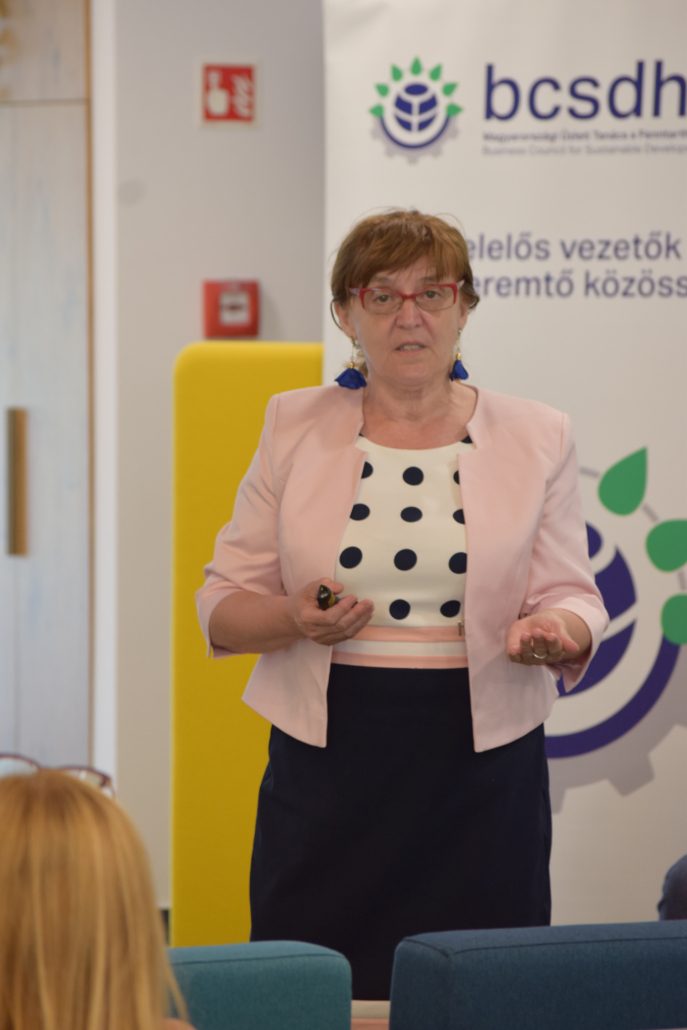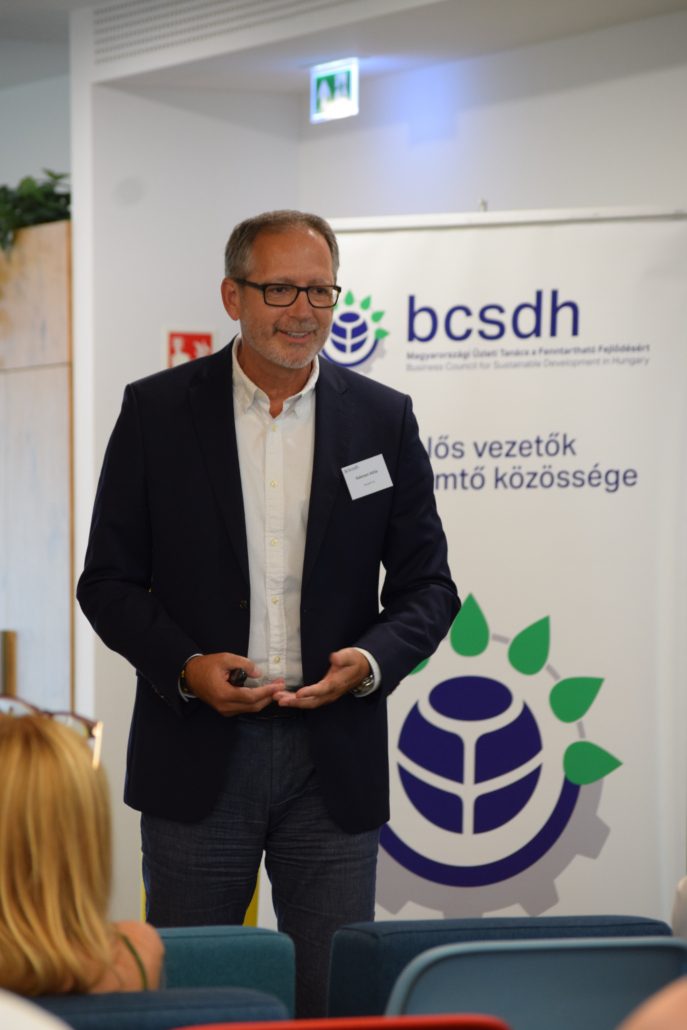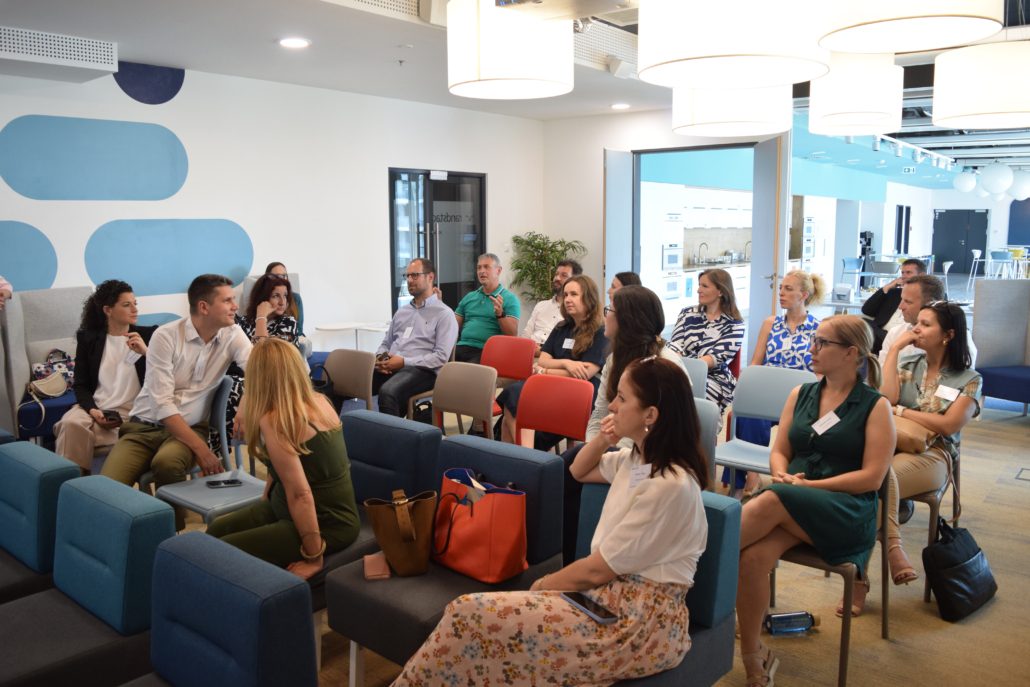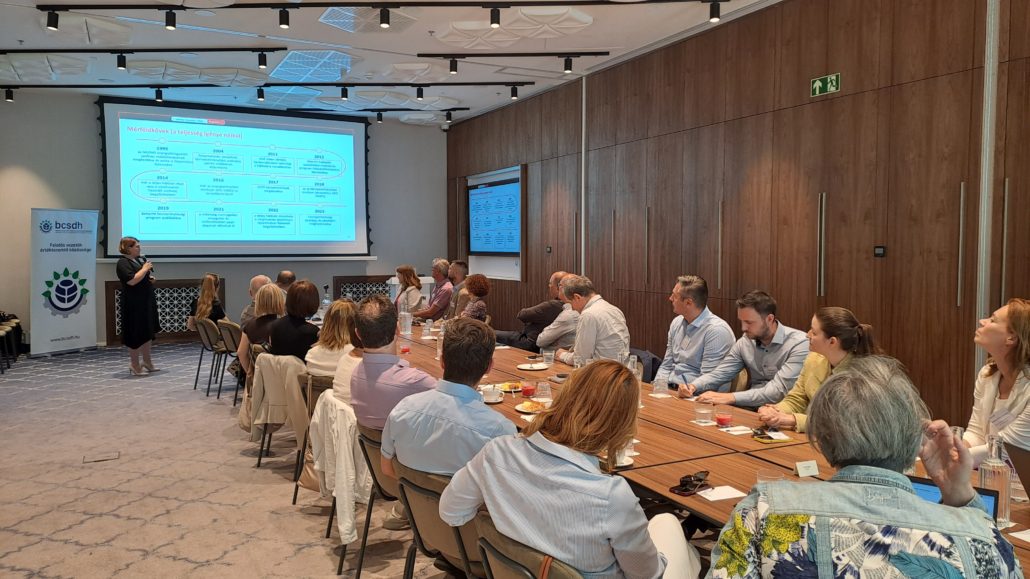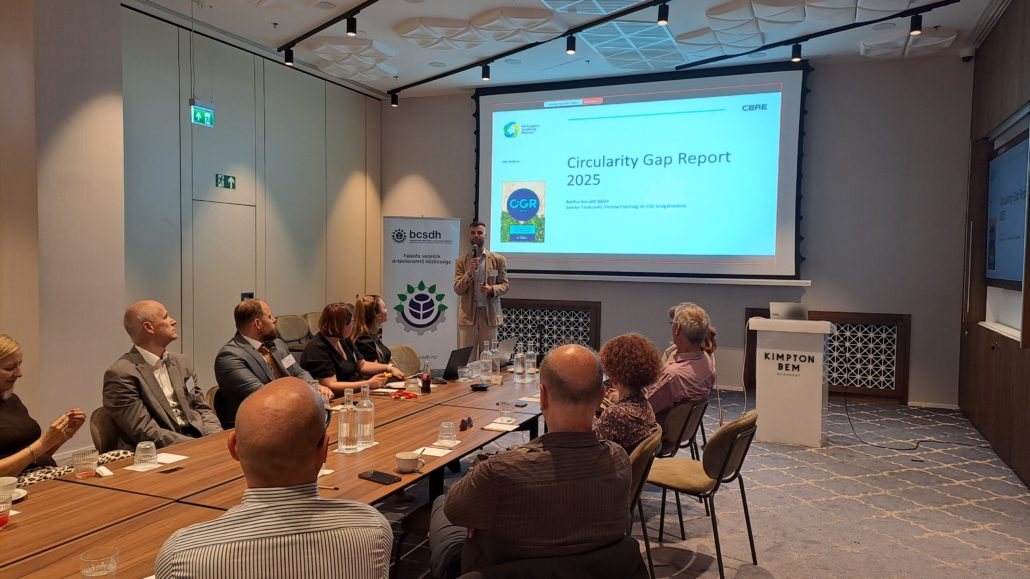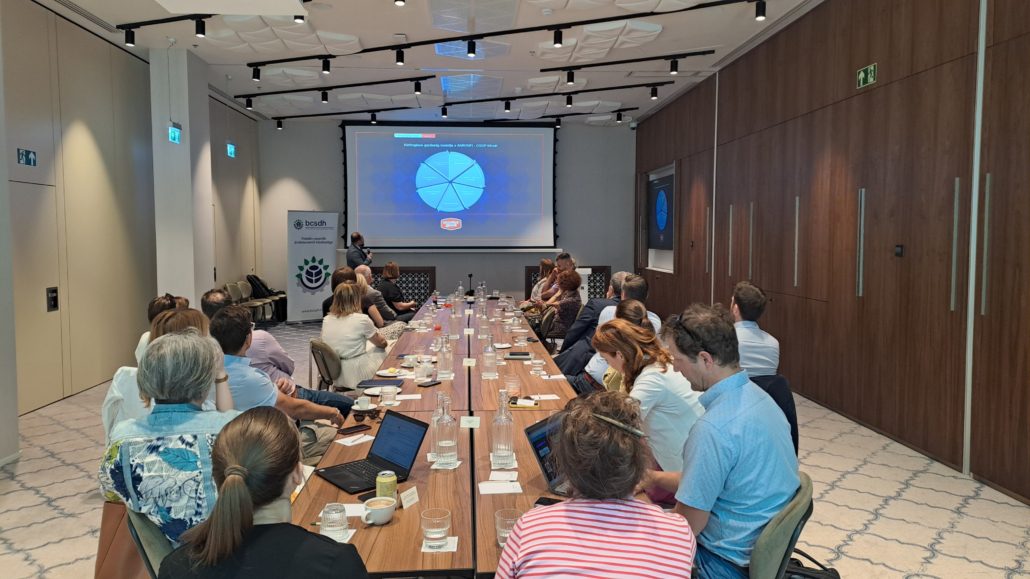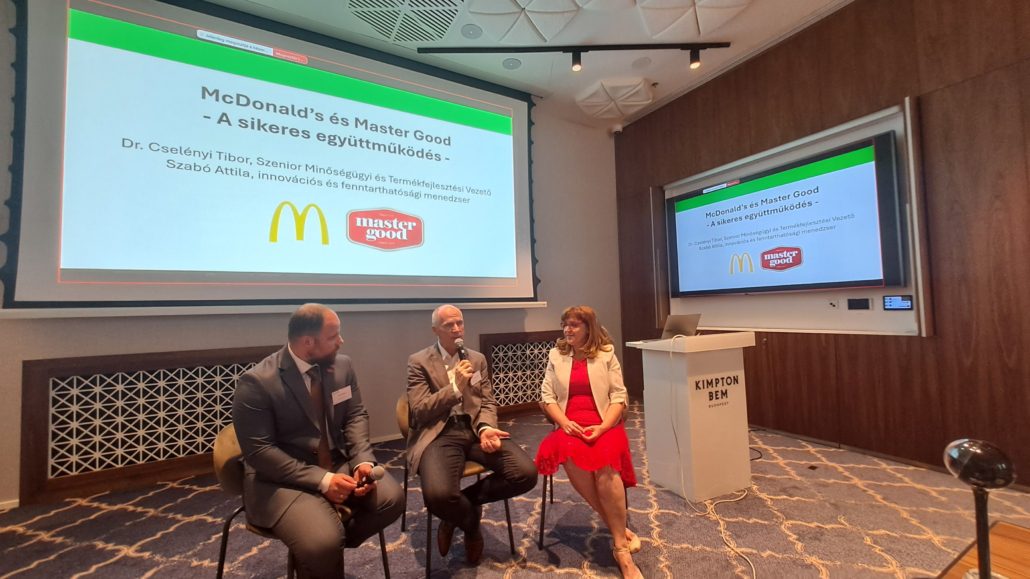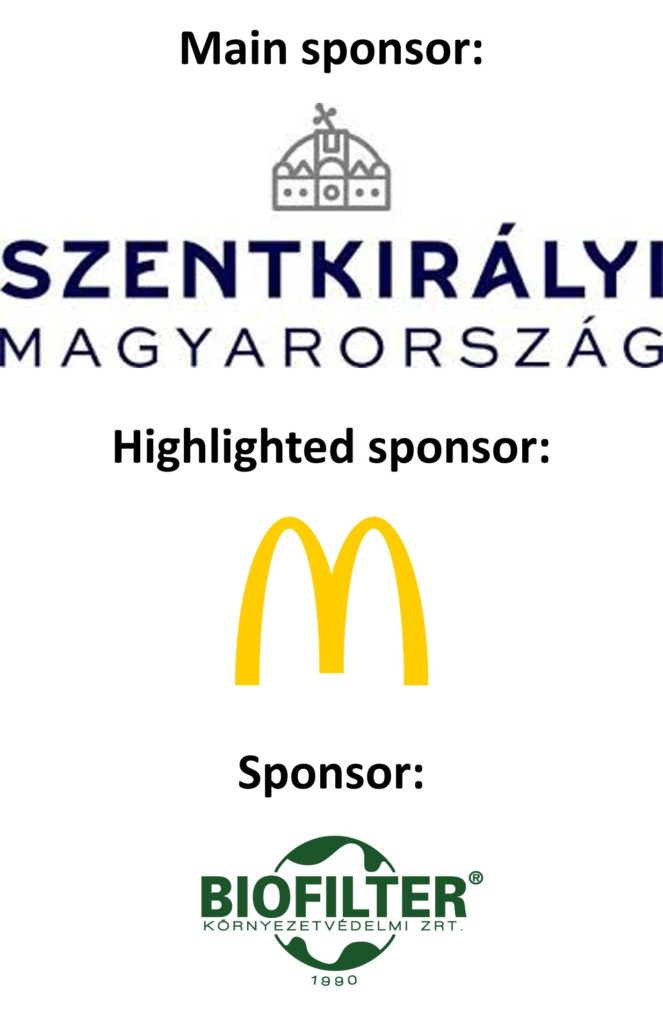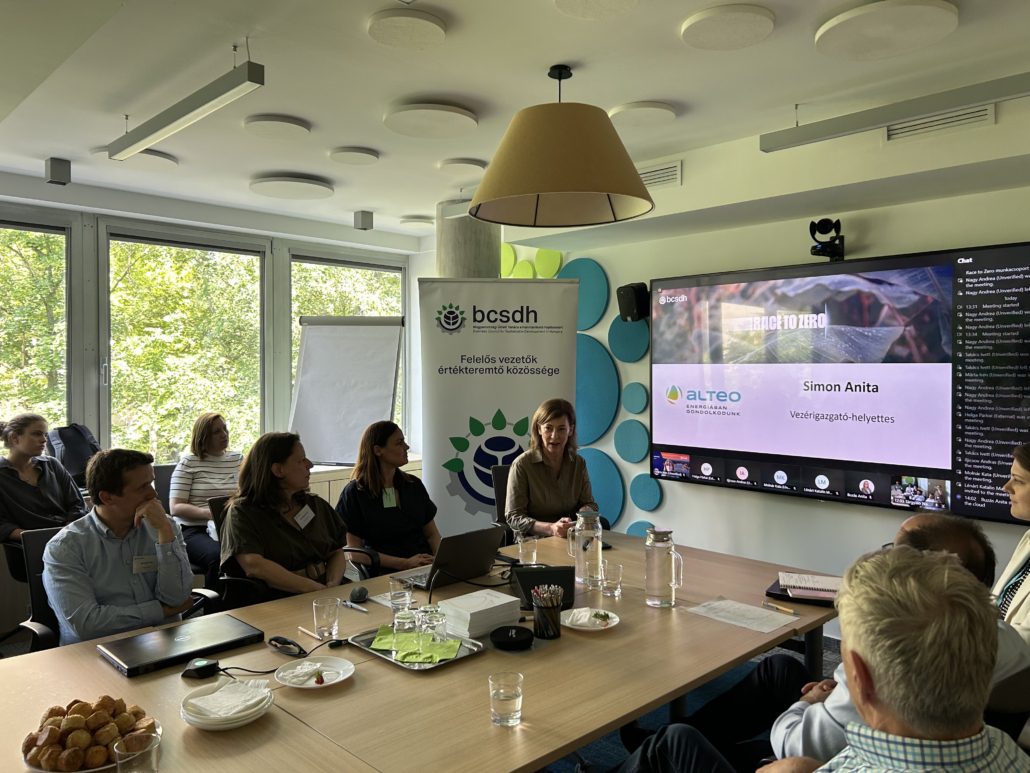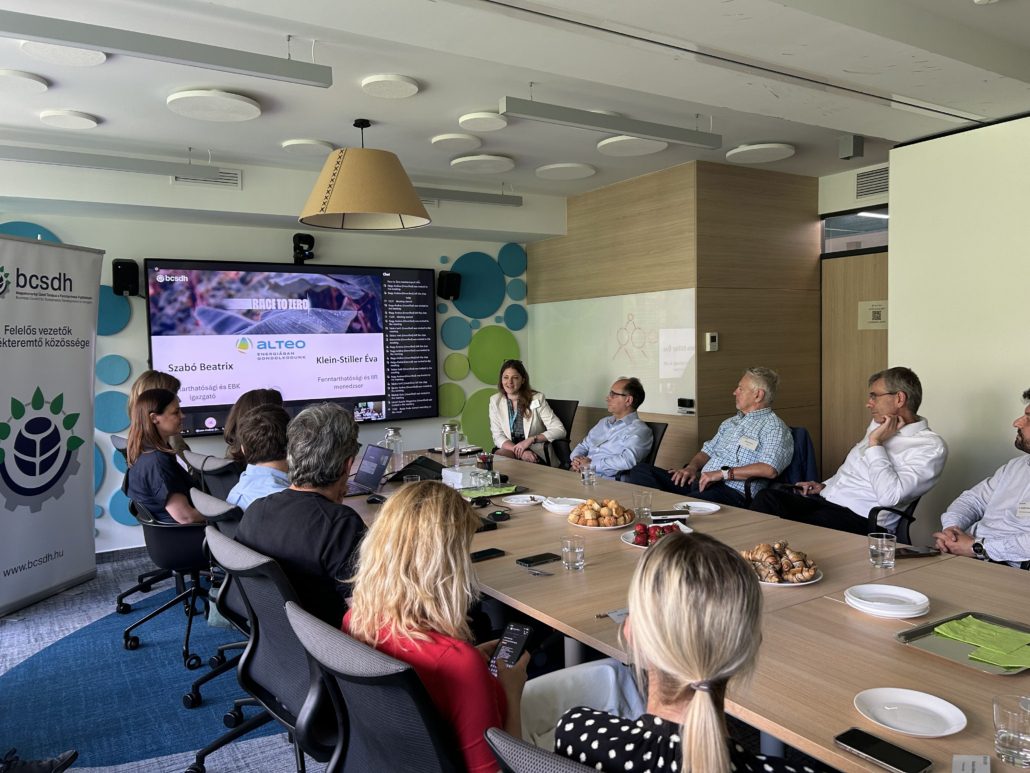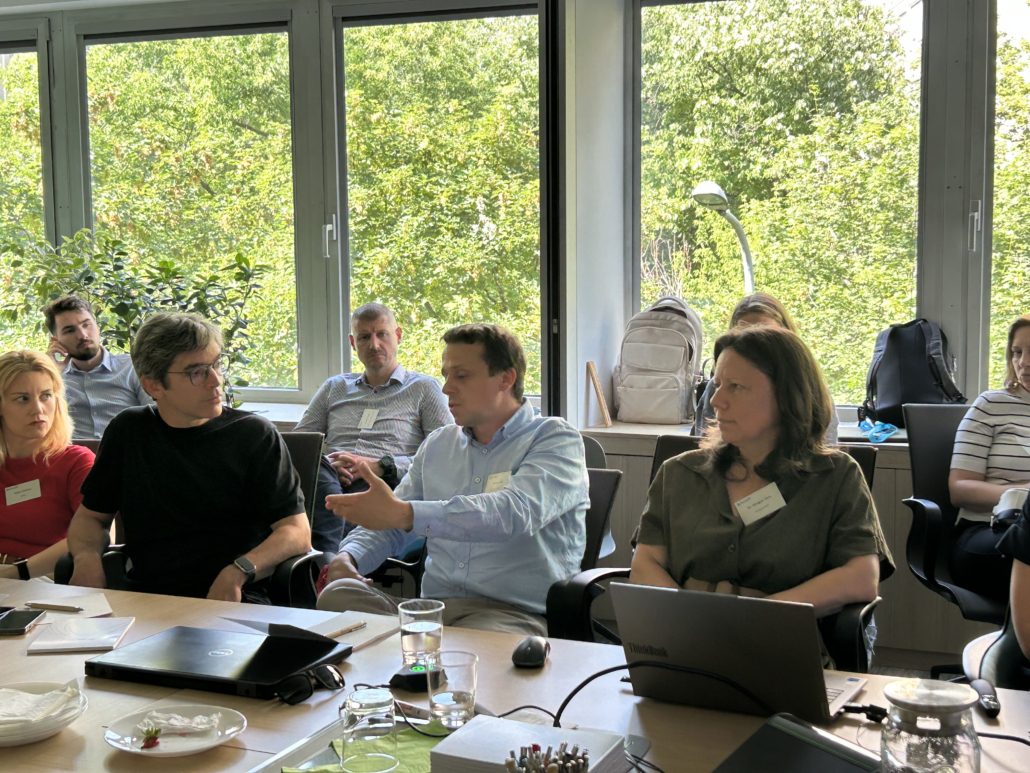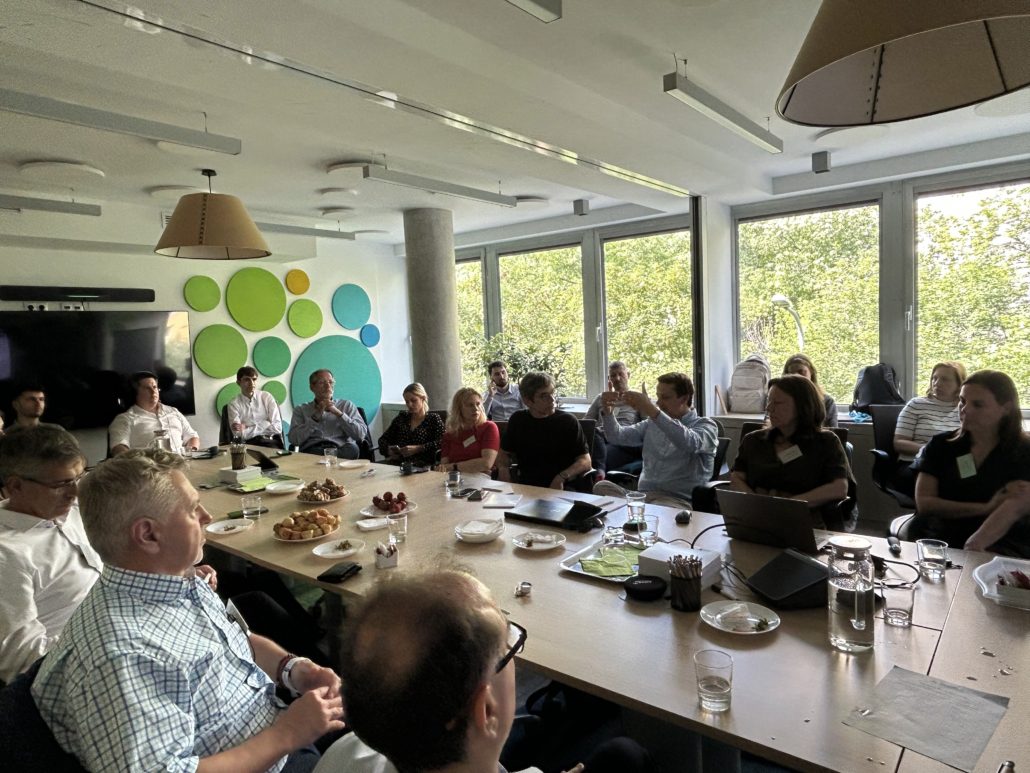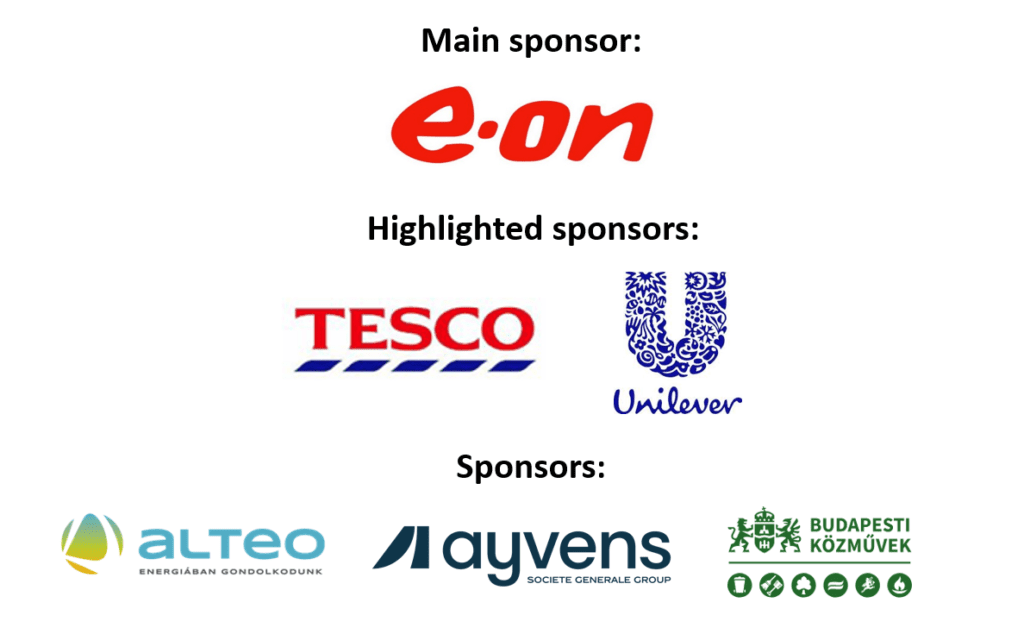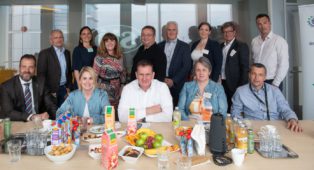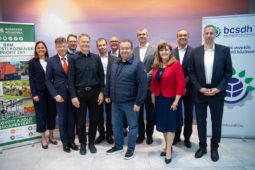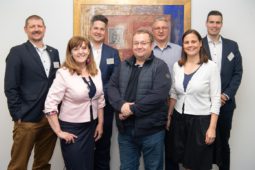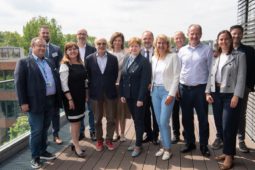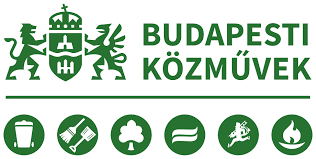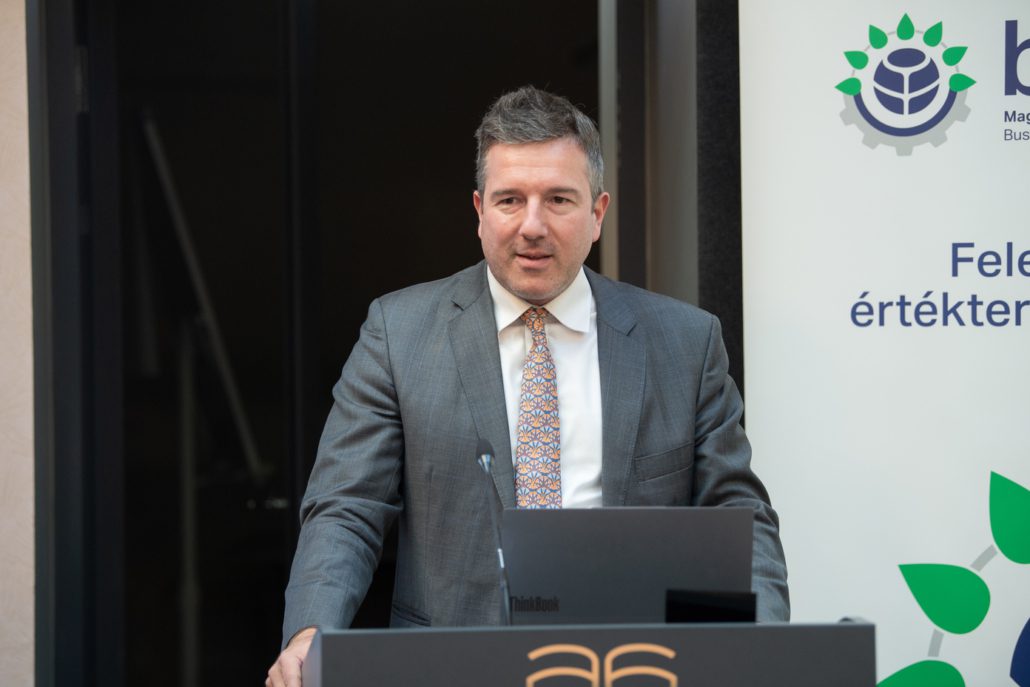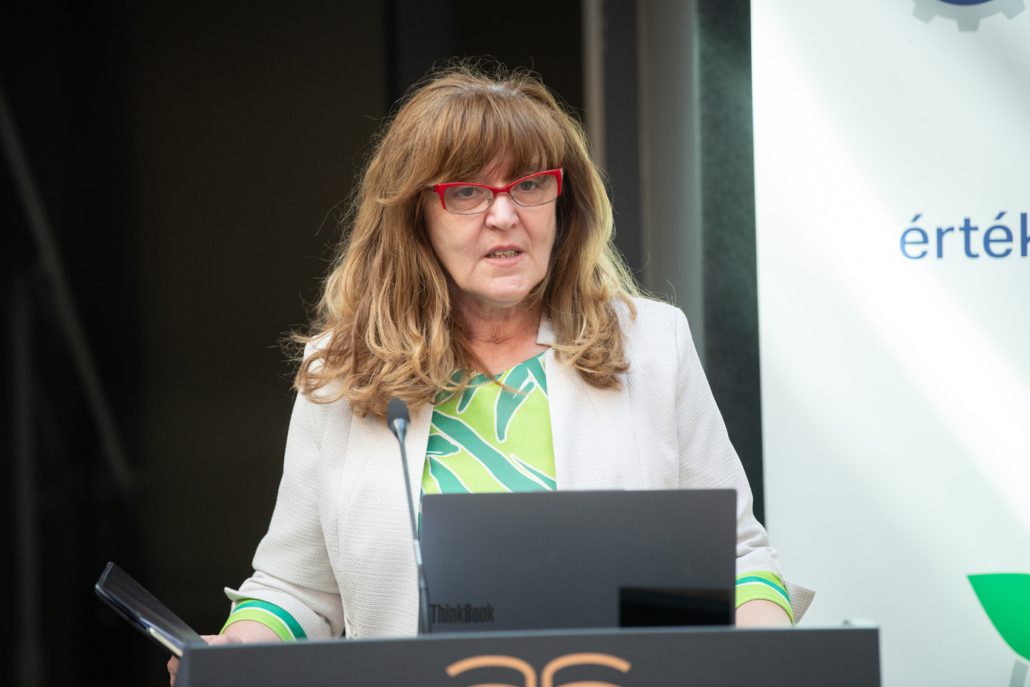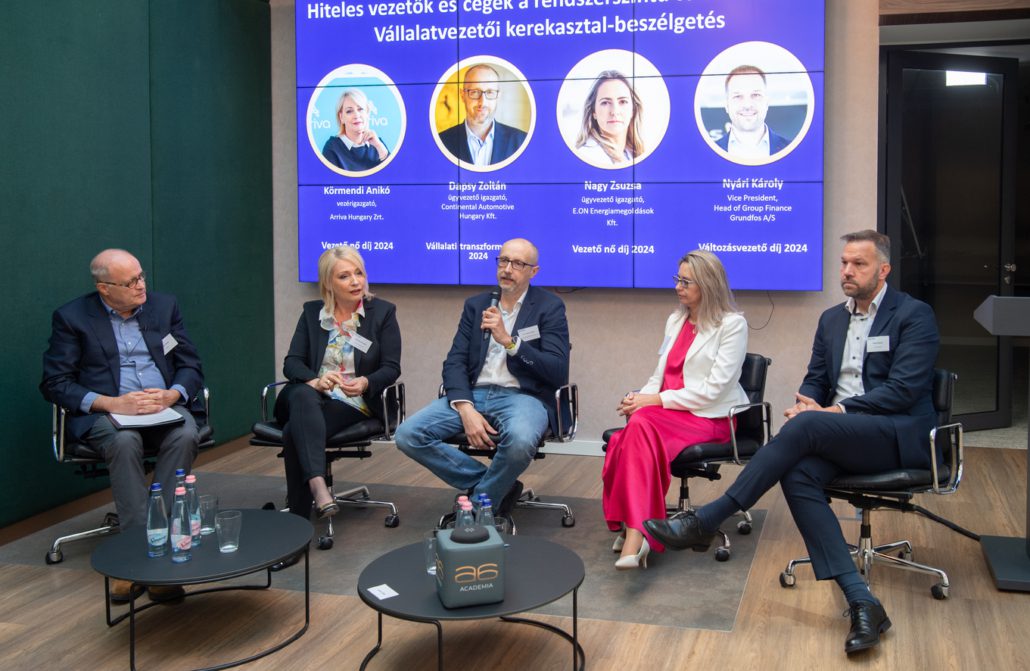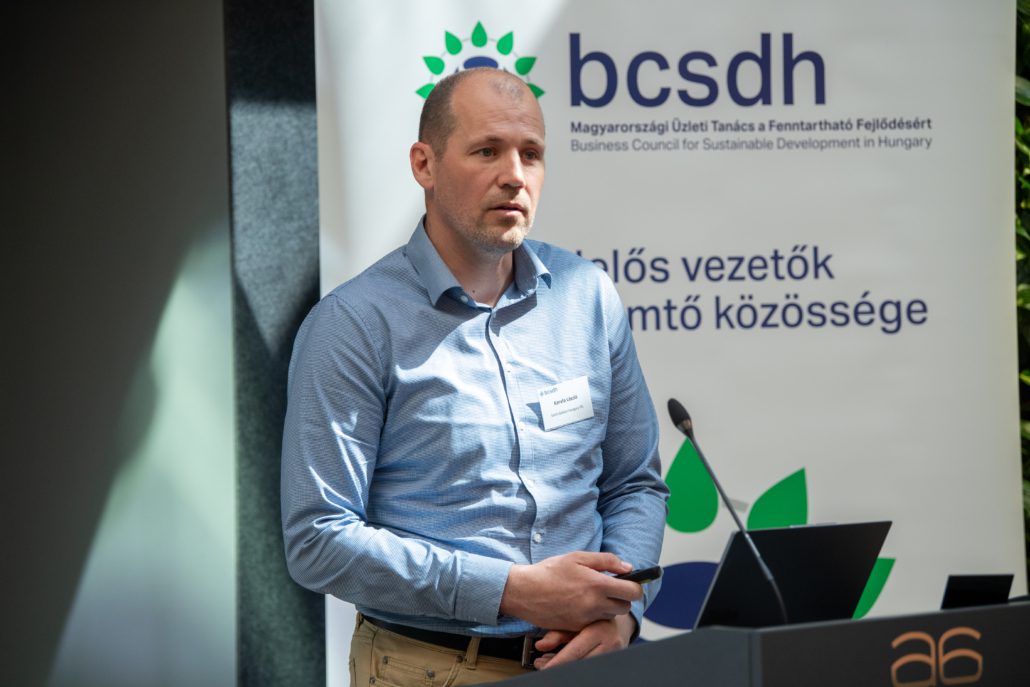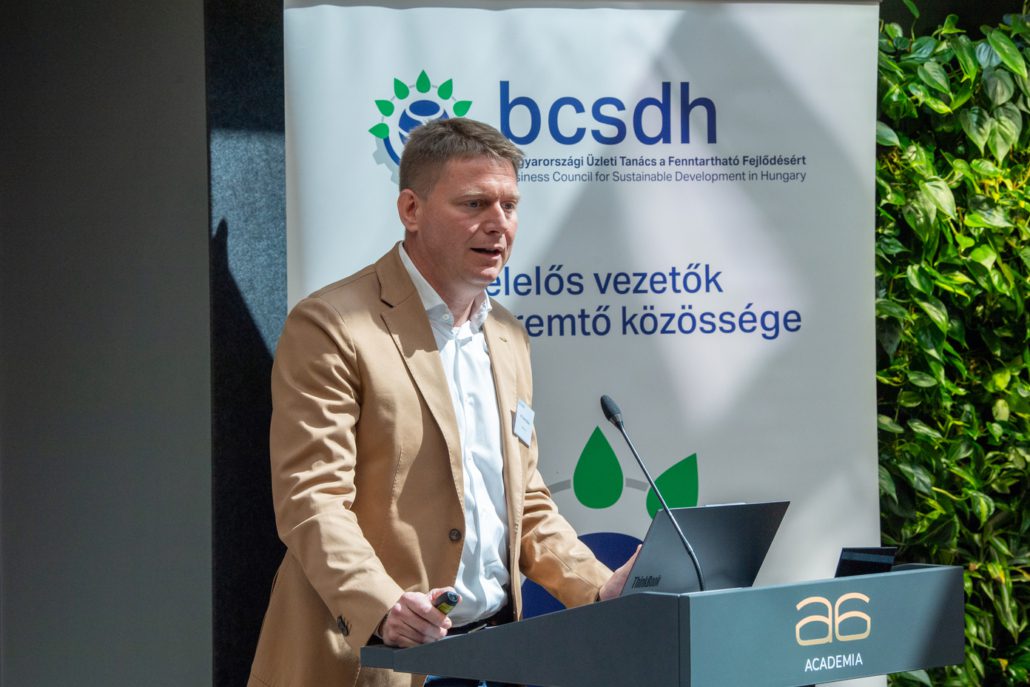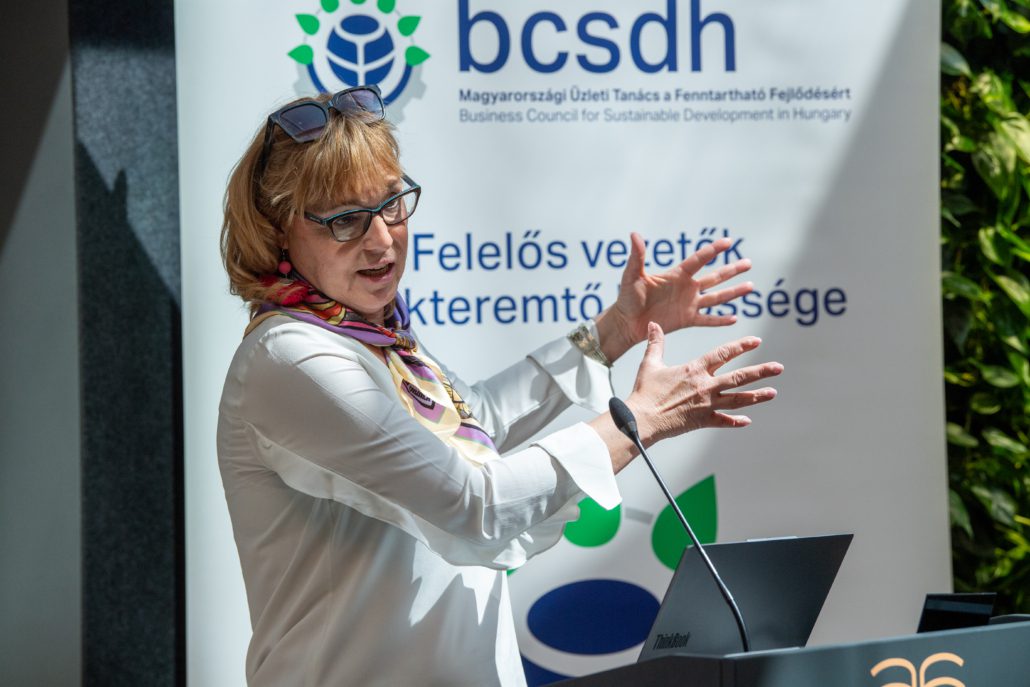Active recreation, quality time spent together, professional preparation, an inspiring environment, special culinary experiences – we held our two-day team-building event in Noszvaj, which was a great place and opportunity to strengthen our community and prepare professionally for 2026.
The program began with a new experience for many of us: we visited the caves of Noszvaj and the beehive stones of Szomolya on electric bikes provided by our member company, HelloVelo.
The active program was accompanied by delicious lunches and dinners with special flavor combinations, most of which were made from locally sourced ingredients by our accommodation, the Nomád Hotel Noszvaj.
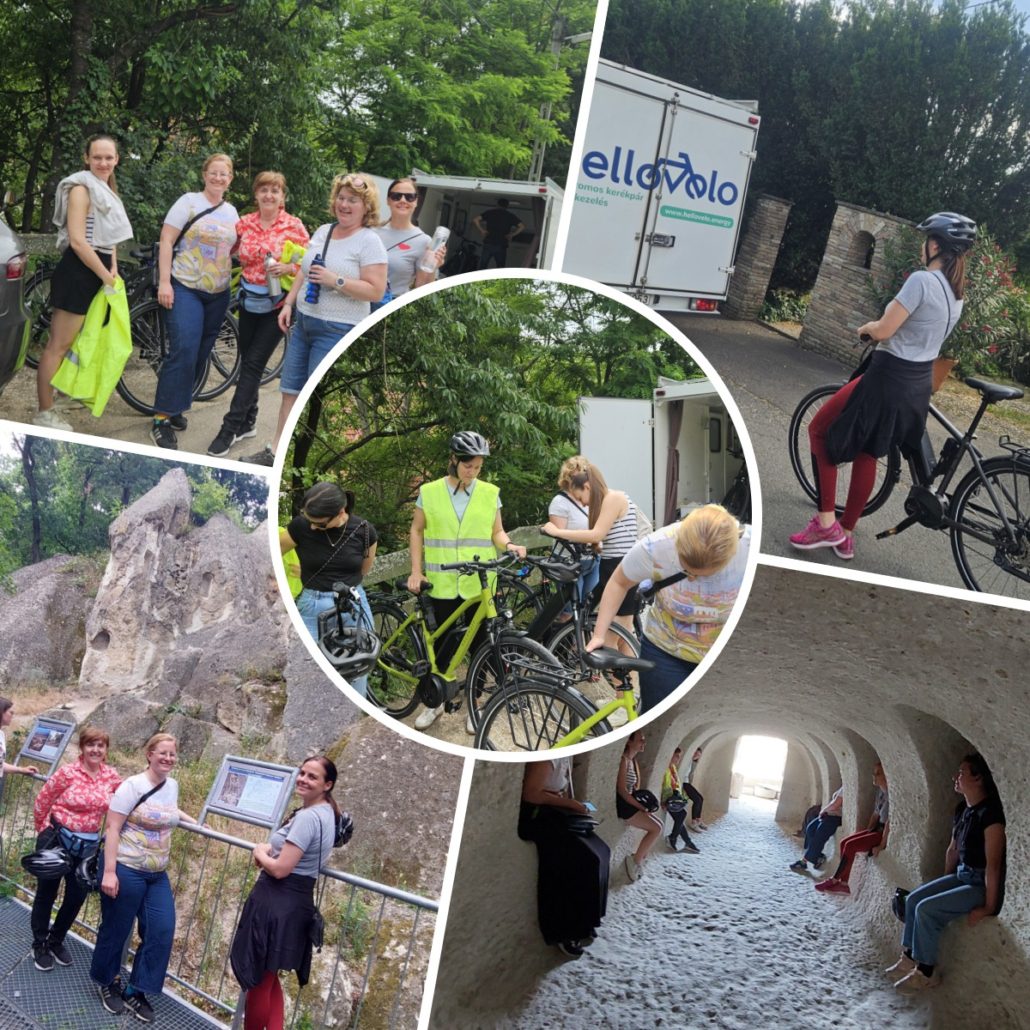

We devoted our second day to professional tasks, moderated by Attila Kelemen, CEO of ProSelf International, in the spirit of the BCSDH’s three pillars: professionalism, inspiration, and community. The assessment of the current situation, the review of new methodologies, and the professional preparation for 2026 played a prominent role in this, with an emphasis on the European Circular Economy Hotspot organized under the leadership of BCSDH.
We would like to thank HelloVelo and ProSelf for their active support and we are confident that the inspiring environment and joint thinking will be put to good use in the implementation of the tasks ahead of us.
